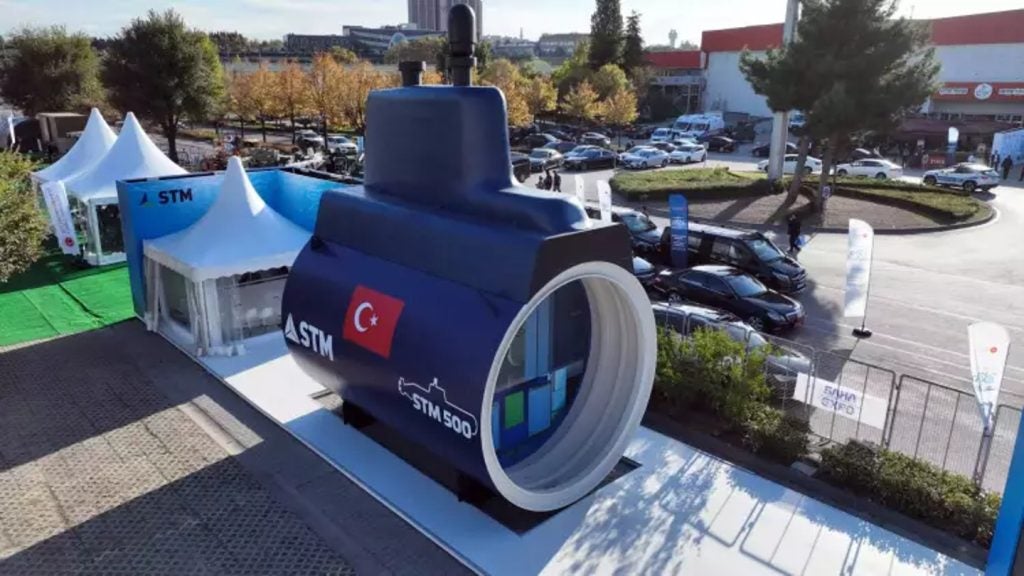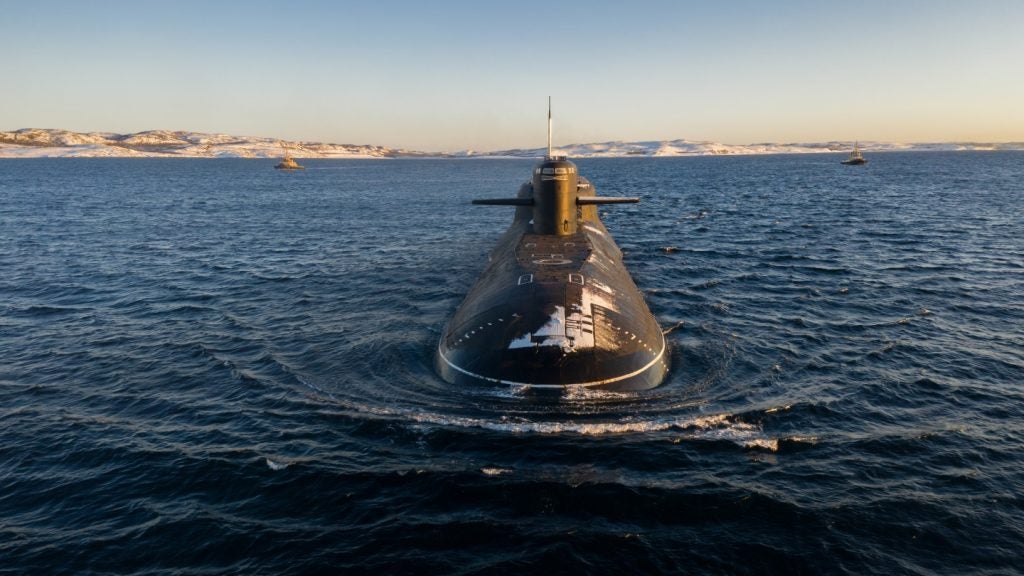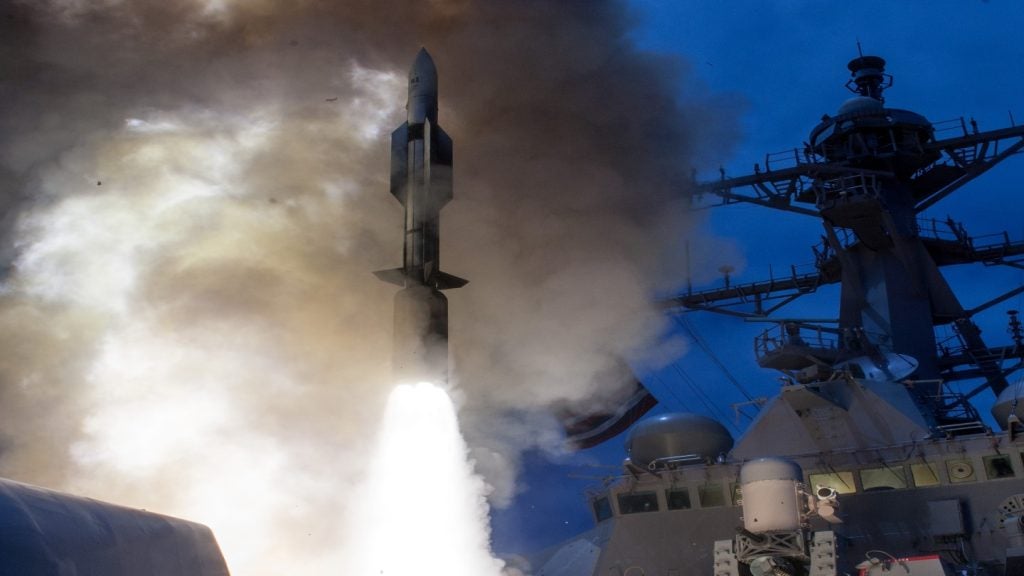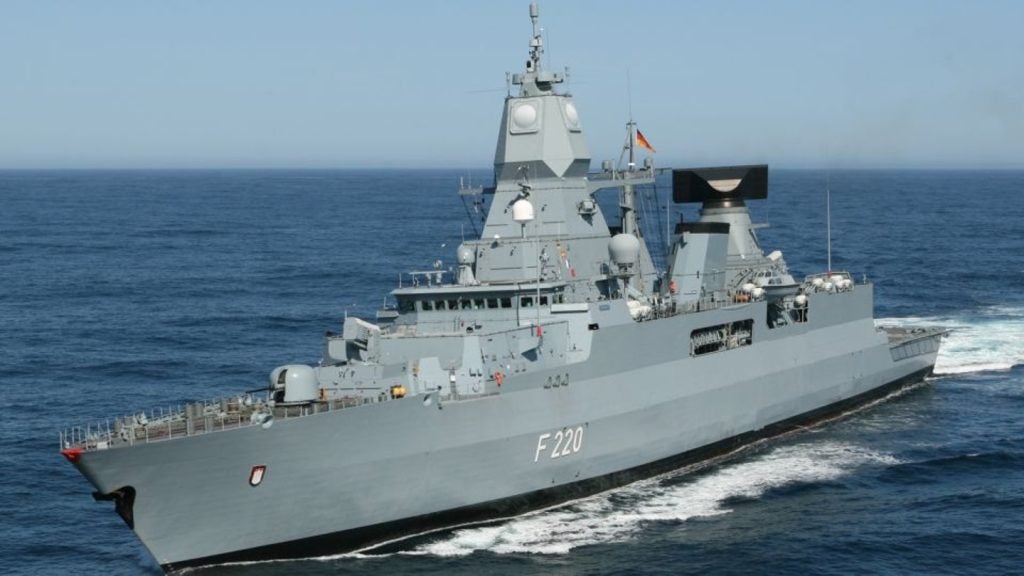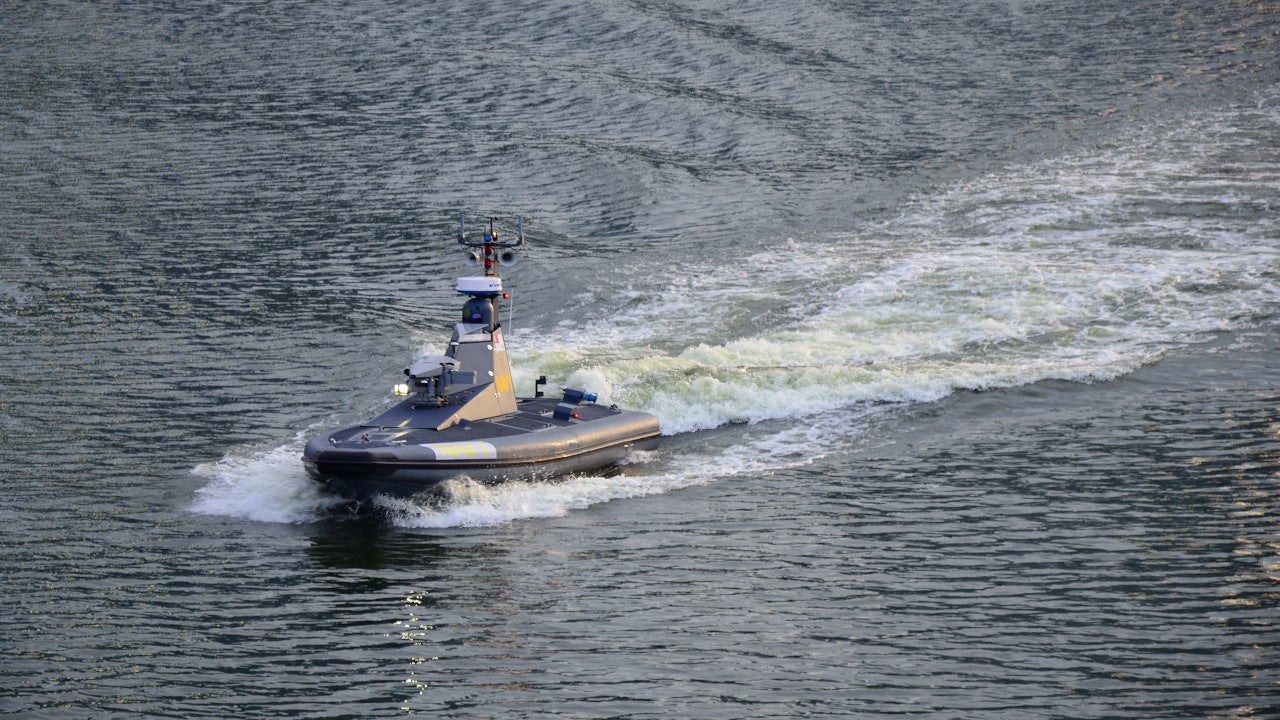
Majority of the missions that USVs are being deployed for are non-lethal assignments.
Verdict has conducted a poll to assess the most urgent mission that USVs should engage in. Analysis of the poll results shows that intelligence surveillance and recognition (ISR) is the most urgent mission, as opined by a majority 40% of the respondents, followed by anti-submarine warfare (ASW, 29% votes) and mine countermeasures (MCM, 25% votes).
A lesser 7% of the respondents voted for hydrographic survey as the most urgent mission that USVs should engage in.

The analysis is based on 220 responses received from the readers of Airforce Technology, Army Technology, and Naval Technology, Verdict’s defence sites, between 29 March and 28 May 2021.
Demand for unmanned surface vehicles
The military unmanned vehicles sector is increasingly being dominated by USVs, as a number of missions can be easily carried out at relatively low cost and equivalent reliability, according to GlobalData.
How well do you really know your competitors?
Access the most comprehensive Company Profiles on the market, powered by GlobalData. Save hours of research. Gain competitive edge.

Thank you!
Your download email will arrive shortly
Not ready to buy yet? Download a free sample
We are confident about the unique quality of our Company Profiles. However, we want you to make the most beneficial decision for your business, so we offer a free sample that you can download by submitting the below form
By GlobalDataISR, transport, ASW, MCM, and area denial are some of the potential domains of operations for USVs. Furthermore, USVs have a significant advantage over other unmanned vehicles as they can collect data both above and under water, while also serving as a platform for unmanned underwater vehicles (UUVs) and unmanned aerial vehicles (UAVs).
MCM is yet another area where USVs can revolutionise operations. The modular structure and payload capacities of these vehicles reduce the cost and human risk in MCM and ASW operations.
USVs are expected to become a key part of the US Navy fleet in the future due to the urgency attached by the navy for meeting the rapidly evolving military threats from countries such as China. The US Navy aims to shift towards a distributed fleet architecture that includes more unmanned vehicles to support manned surface combatants and is aiming to introduce them into service quickly.
The navy plans to deploy large USVs (LUSVs) mainly for anti-surface warfare, and medium USVs (MUSVs) for ISR and electronic warfare (EW). Six companies were awarded contracts worth more than $41m in September 2020 by the navy to conduct reliability studies on LUSVs.



